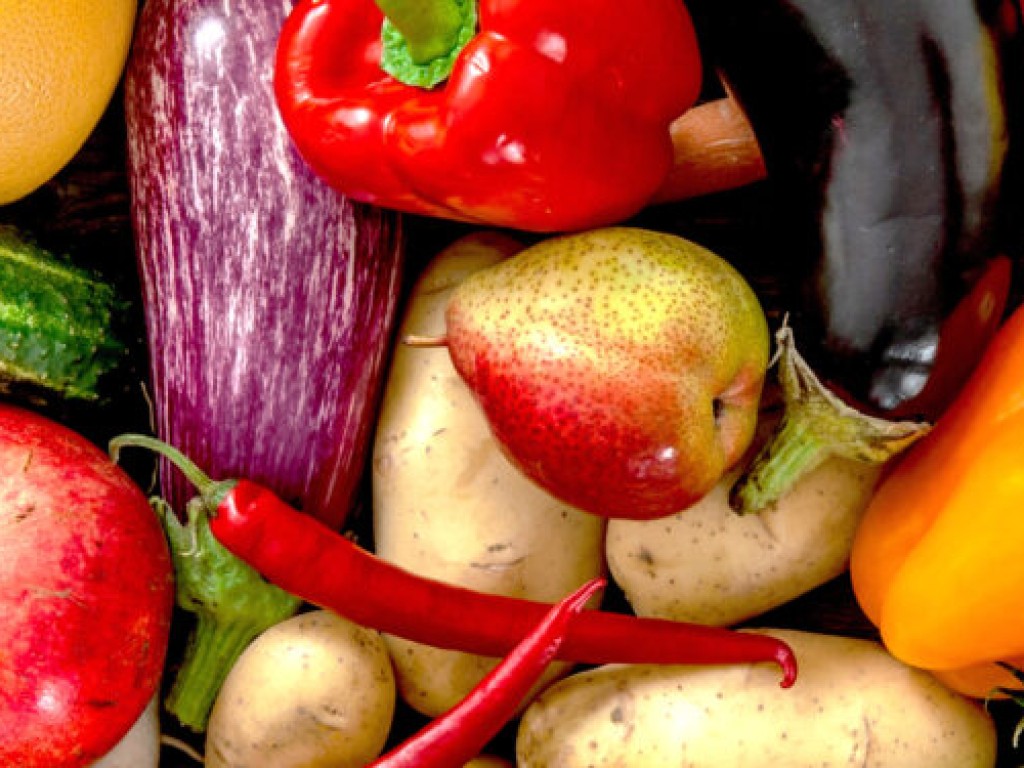RESULD: Responsible Supply Chains and Logistics Due Diligence, voorheen Verantwoorde wereldwijde ketens

The Netherlands is a global player in logistics when it comes to the import and export of fresh produce. With a market share of 30%, the Netherlands is the largest importer of fruit from outside the EU. The Netherlands also plays an important international role as a hub for flowers and plants, with the ports of Rotterdam and Schiphol serving as logistics hubs. At the same time, there is growing pressure to comply not only with product quality requirements, but also with stricter requirements in terms of sustainability, origin and social conditions. Both consumers and governments are placing increasingly high demands on transparency in international chains.
Certification plays a key role in this. Whereas traditional certification focuses primarily on visible product characteristics, attention is increasingly shifting to process characteristics such as CO₂ emissions, origin or working conditions. These data are more difficult to verify, especially in complex global chains.
At the same time, small and medium-sized enterprises (SMEs) in particular are under pressure to participate in this digital transition, even though they often have limited resources to invest in smart technology.
The Responsible Supply Chains and Logistics Due Diligence (RESULD) project builds on previous successful pilots to further develop and scale up the use of digital certification and data sharing within international trade chains. Using two concrete practical examples – the digital exchange of phytosanitary certificates and the greening of trade flows in the fruit and vegetable, flower and plant sectors – the project investigates how existing data can be used intelligently to gain better insight into the performance of the chain as a whole. The project looks at how companies, including SMEs, can make use of plug-and-play data technologies in an accessible way. It also examines the financial impact of digitisation, including the role of financial flows in the chain.
The project will provide valuable insights and applications for companies and policymakers:
- Improved supply chain management and collaboration through data-driven insights
- Concrete digital solutions for certification and sustainability in end-to-end supply chains
- Practical applications that support SMEs in the digital transition
- Significant economic and ecological impact: estimated added value of over €90 million and a potential CO₂ reduction of 55 million kilograms over 10 years